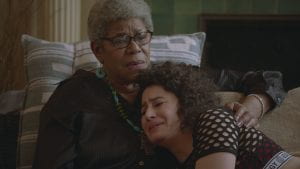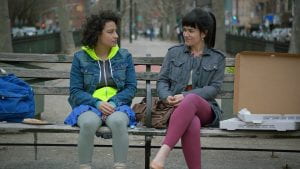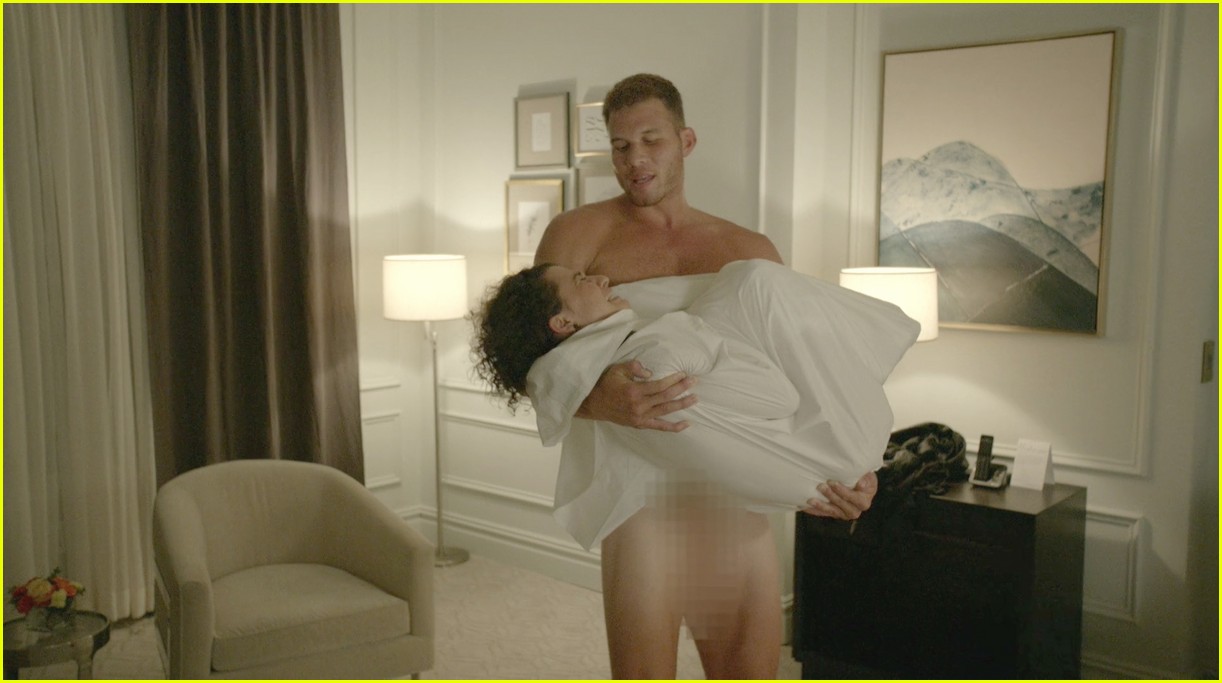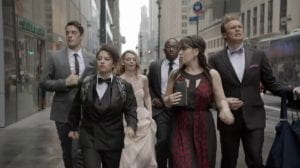Broad City is a show known for its absurd sense of humor that plays well with its demographic of millennial viewers. But with this off-brand sense of humor, the show tends to not cover critical current events that happen around us. That changed when the fifth episode of Season 3, titled “2016,” aired in early 2016.
While Broad City is not usually known as a deep show that tackles current issues on a large scale, the creators Abbi Jacobson and Ilana Glazer decided to chime in by creating an episode based on the 2016 election. This episode is pivotal for the show, not only for its cameo appearance of Hillary Clinton herself, but also because it signifies a tremendous shift of the tone and mood from what the show initially conveyed.

Hillary Clinton’s cameo appearance on Broad City
In “2016,” Ilana stumbles upon the HRC headquarters in New York when she picks up a job being a bike messenger. Ilana adores powerful feminist icons, and she holds Hillary Clinton to an almost deity-like stature, so she decides to quit and volunteer for the campaign. At the end of the episode, Hillary Clinton walks into the room to meet the girls, and Abbi and Ilana, for the lack of better words, lose their shit.
After this episode aired, there were speculations as to why Hillary chose this show to cameo on, but it does bring up a point that relates to Broad City’s unique demographic of young, female viewers. Maybe her cameo was to boost her exposure and likability among young voters, but maybe this appearance was a way for the creators to show their support for her campaign in the upcoming election. Besides the speculation, “2016” was a pivotal episode for the show, but it was not entirely intentional.
Many did not see Hillary losing the election, especially Abbi and Ilana, so when the show came back for a fourth season, Abbi’s and Ilana’s characters surprisingly matured from their pasts of being absurd yet optimistic about the future. This maturity and part-of-the-resistance tone is evident throughout the fourth season, especially in the second and eighth episodes. The second episode of Season 4 opens with Abbi and Ilana wearing the pink Women’s March hats as they guide women through protests to the Planned Parenthood clinic. The eighth episode has Ilana seeing a sex therapist because she cannot have sex ever since Trump became president.

Abbi and Ilana escorting women to Planned Parenthood

Ilana going to sex therapy
These examples highlight the hysteria around the 2016 election, and the results have created a polarized atmosphere where the young people are increasingly resisting and opposing the current administration. Therefore, it is key to note that Broad City has taken a step back from their comedic absurdity in order to shed light on the atmosphere of the country after the election, especially for their demographic of millennial viewers. The show as a result has become a beacon for the millennial psyche of resistance, which makes Abbi’s and Ilana’s characters much more relatable, real, and funnier than before.









